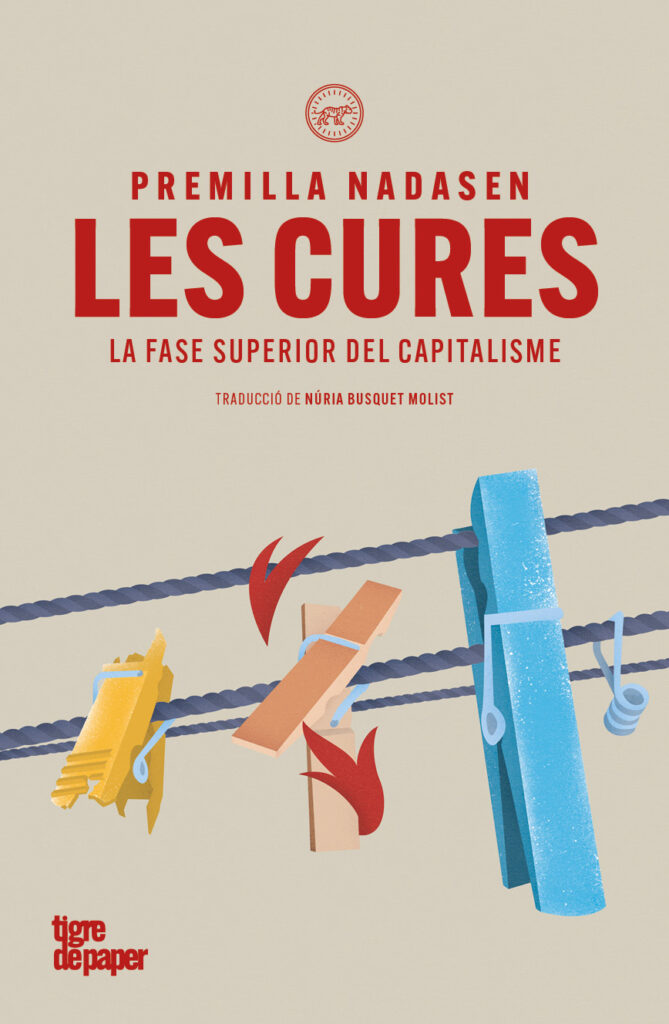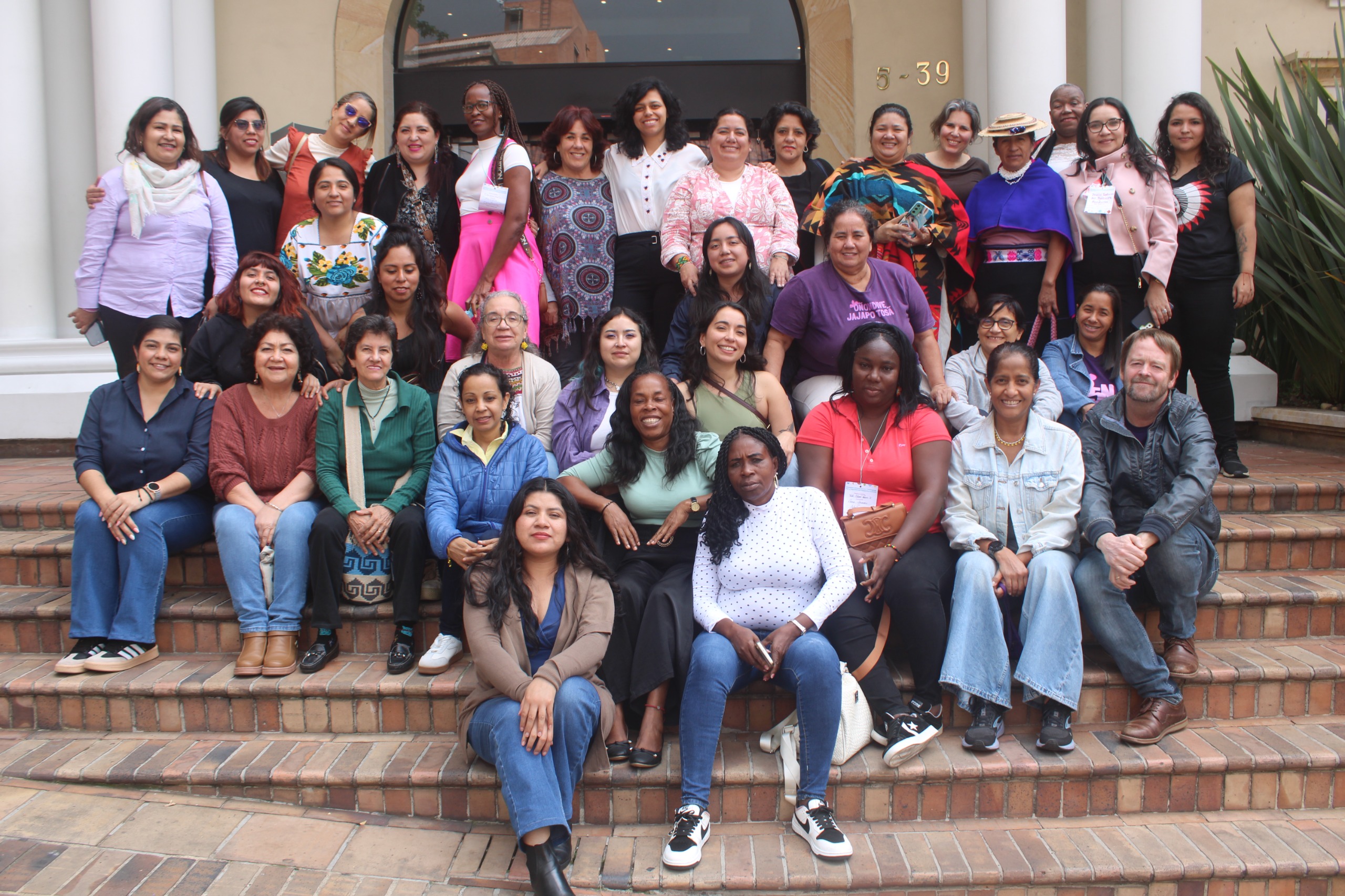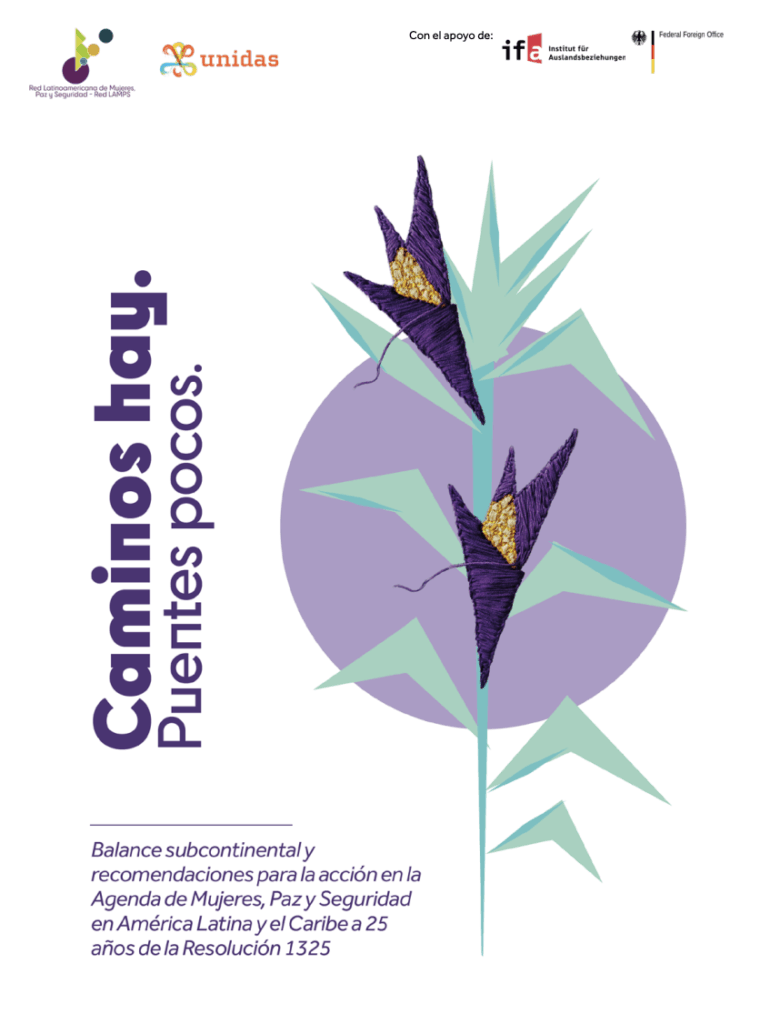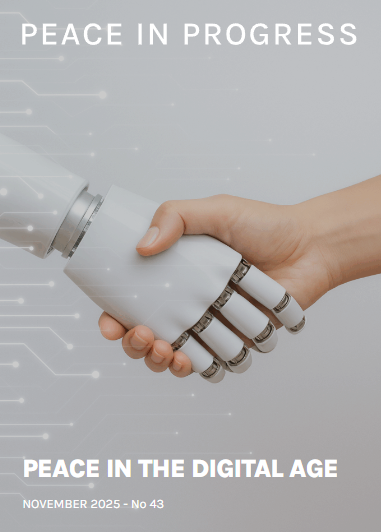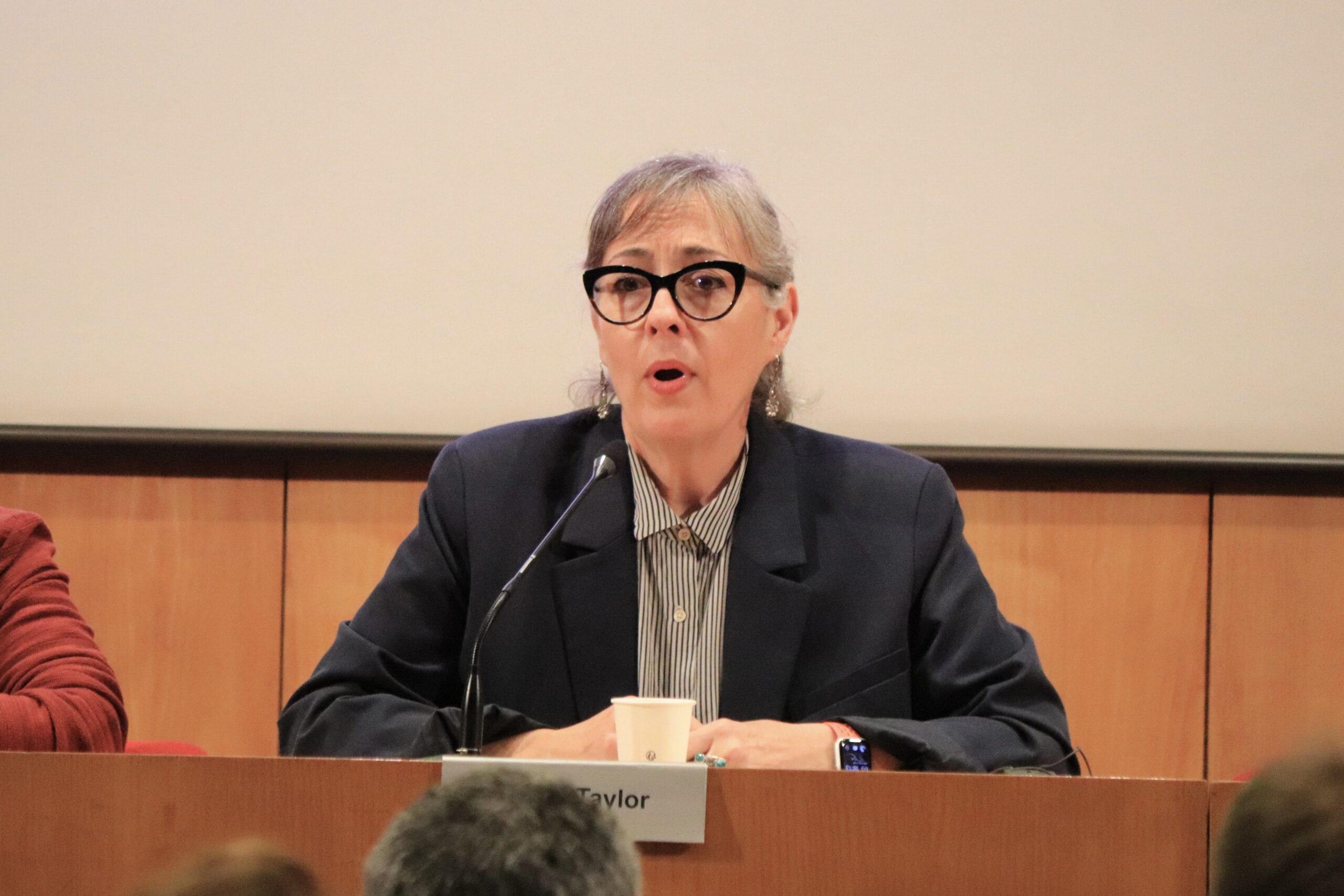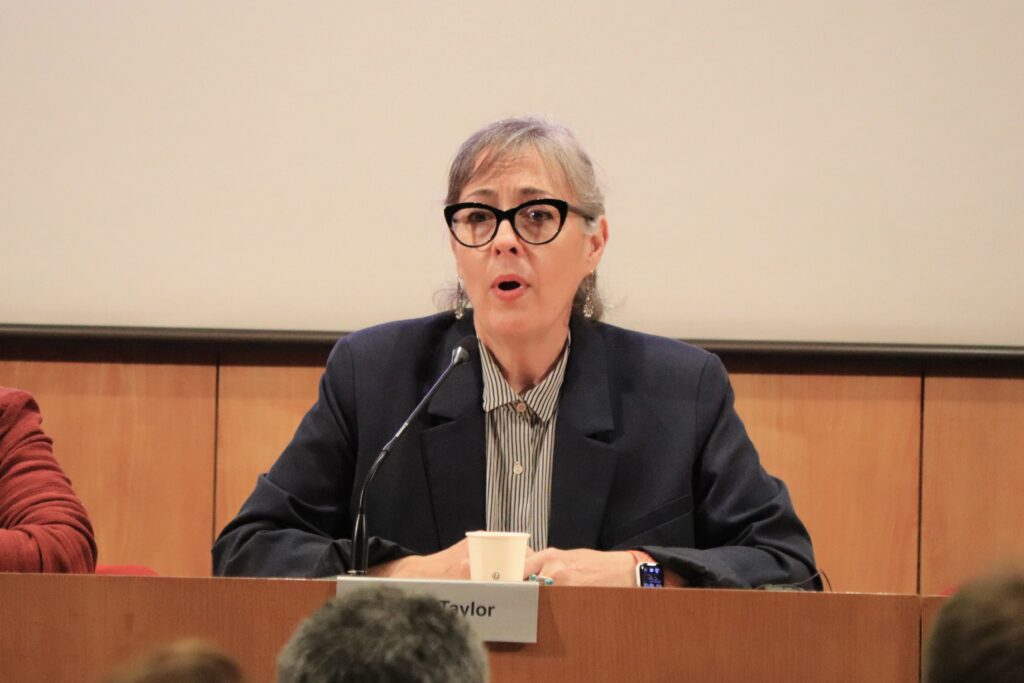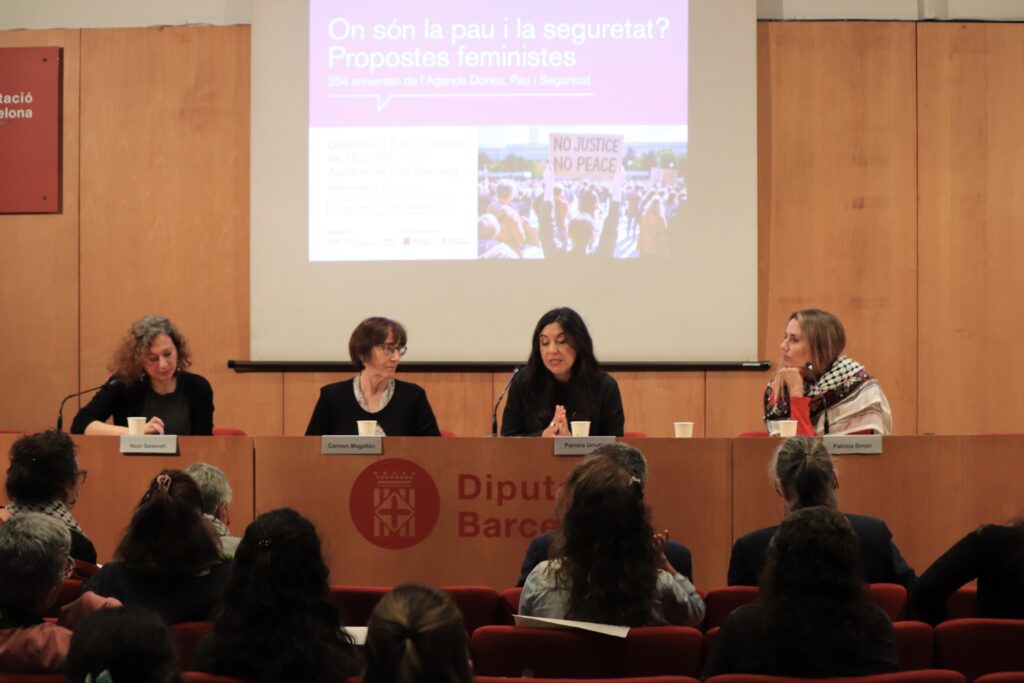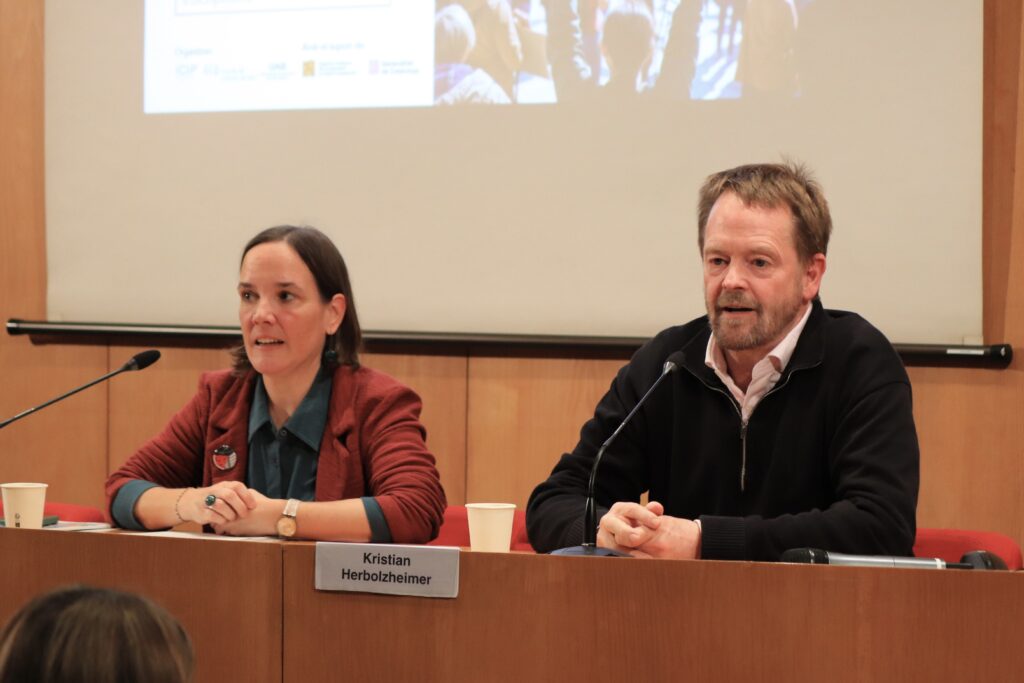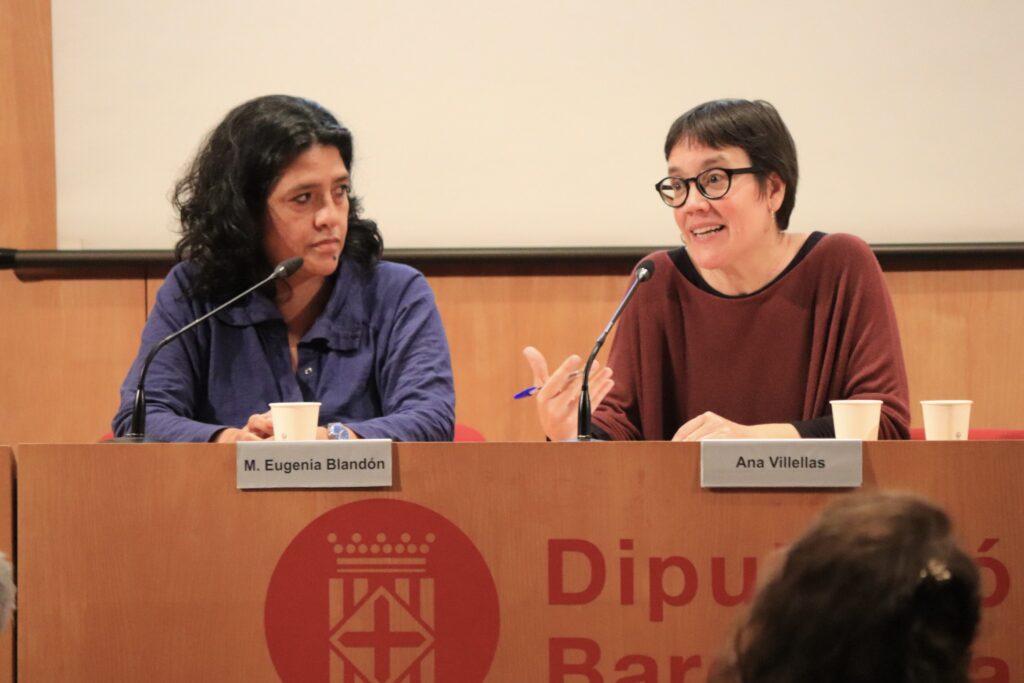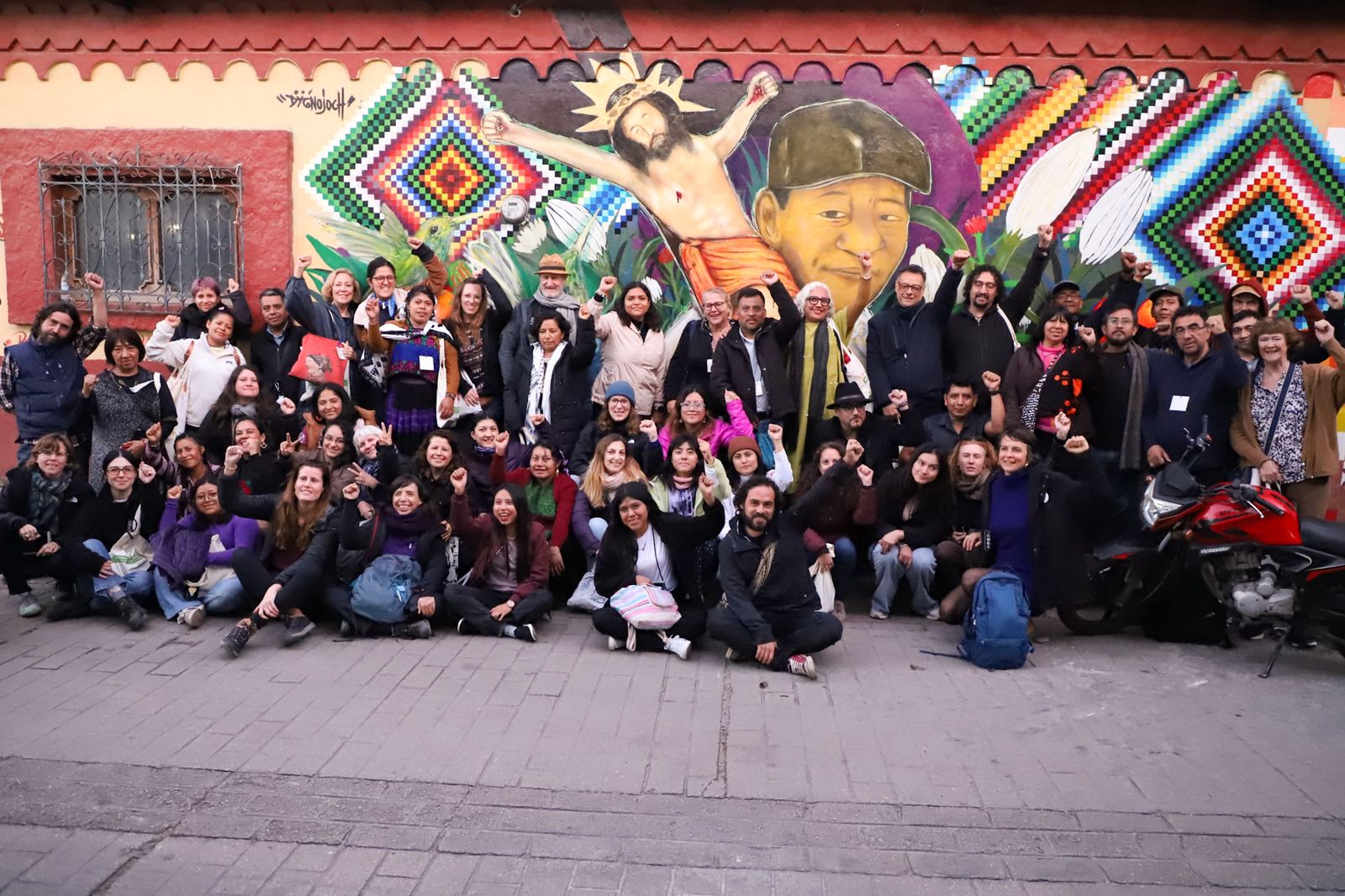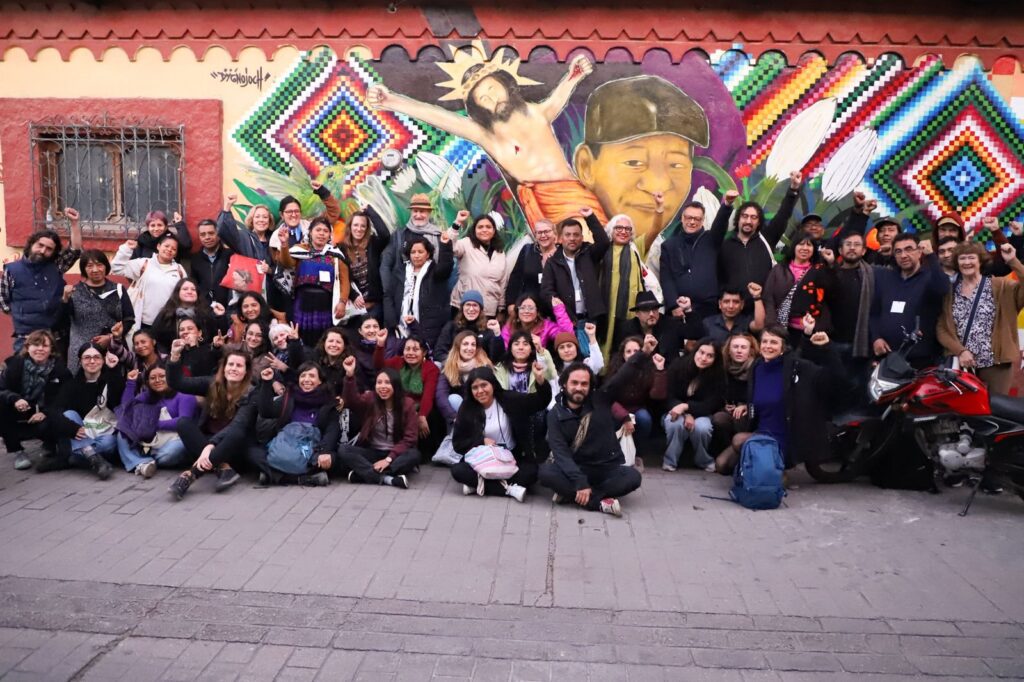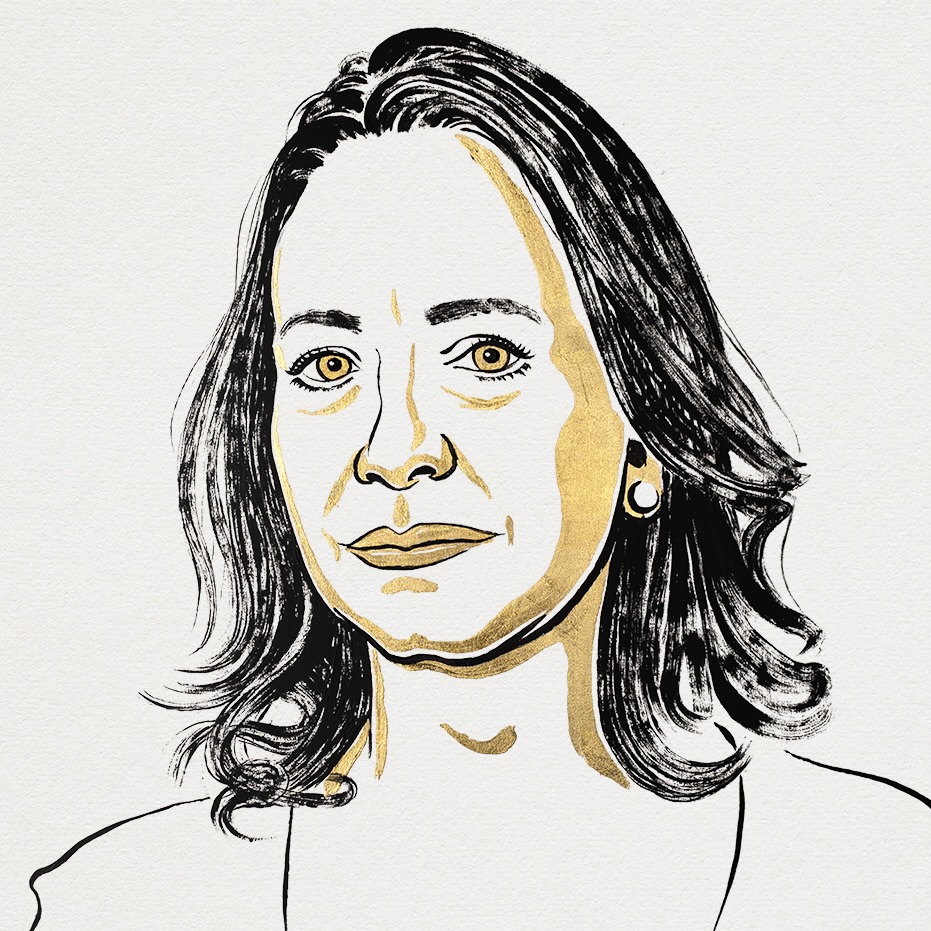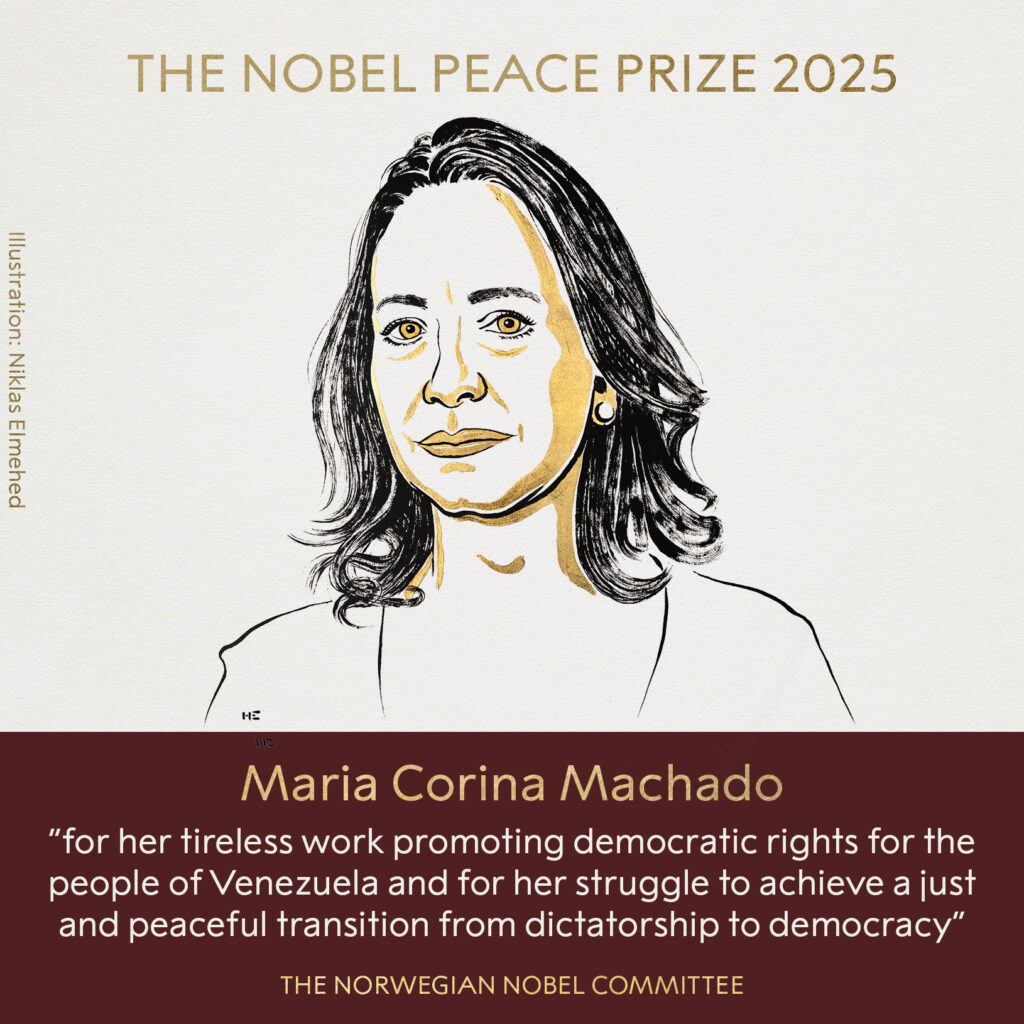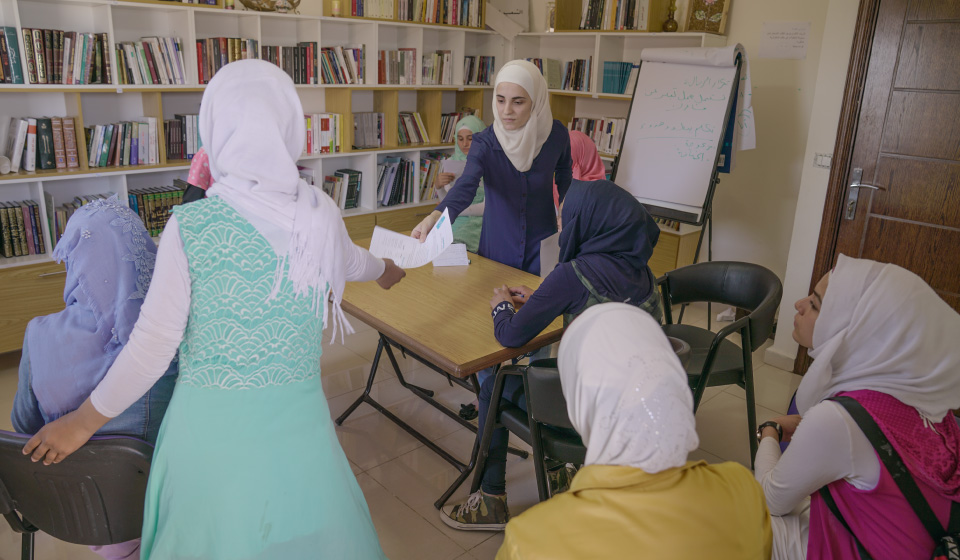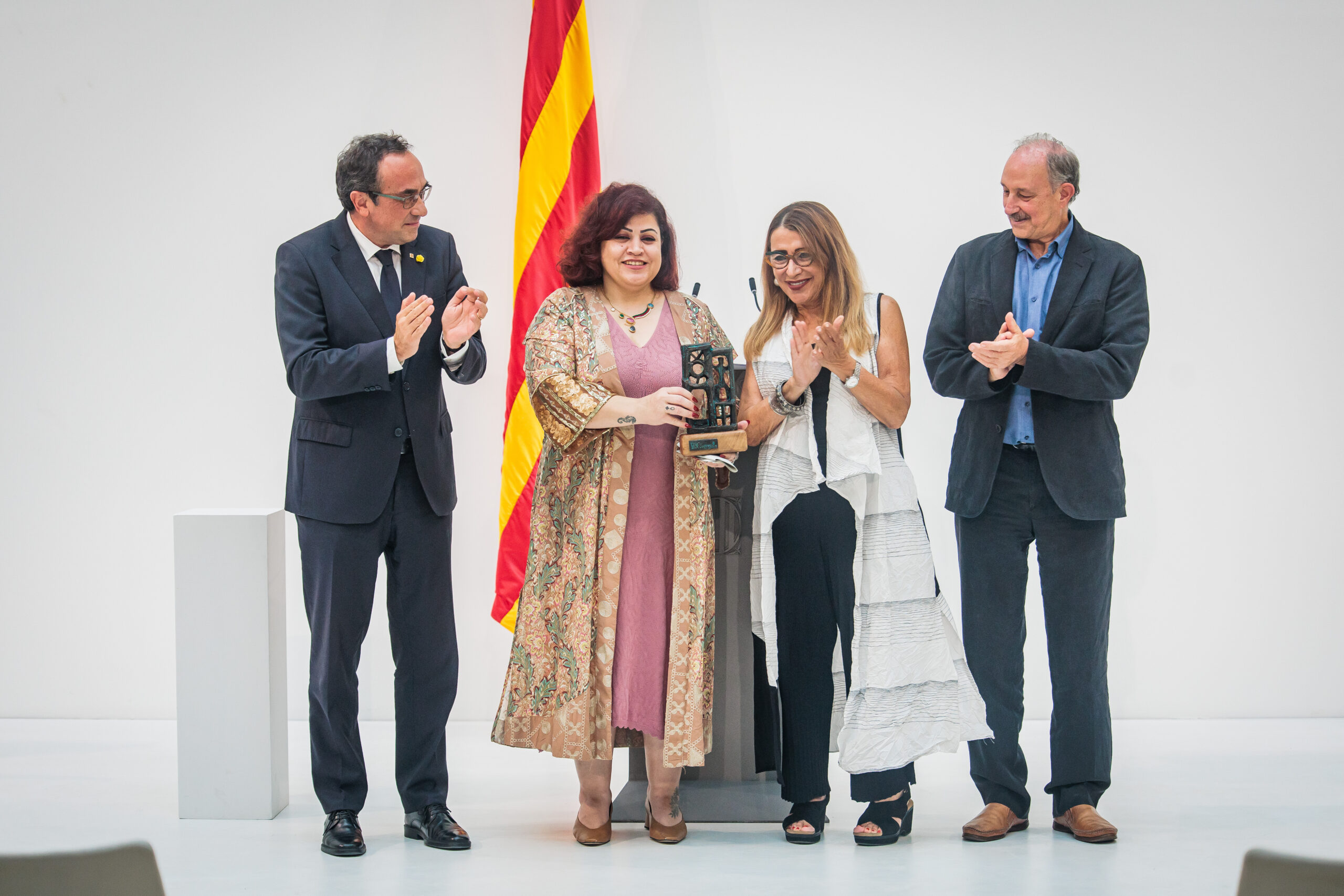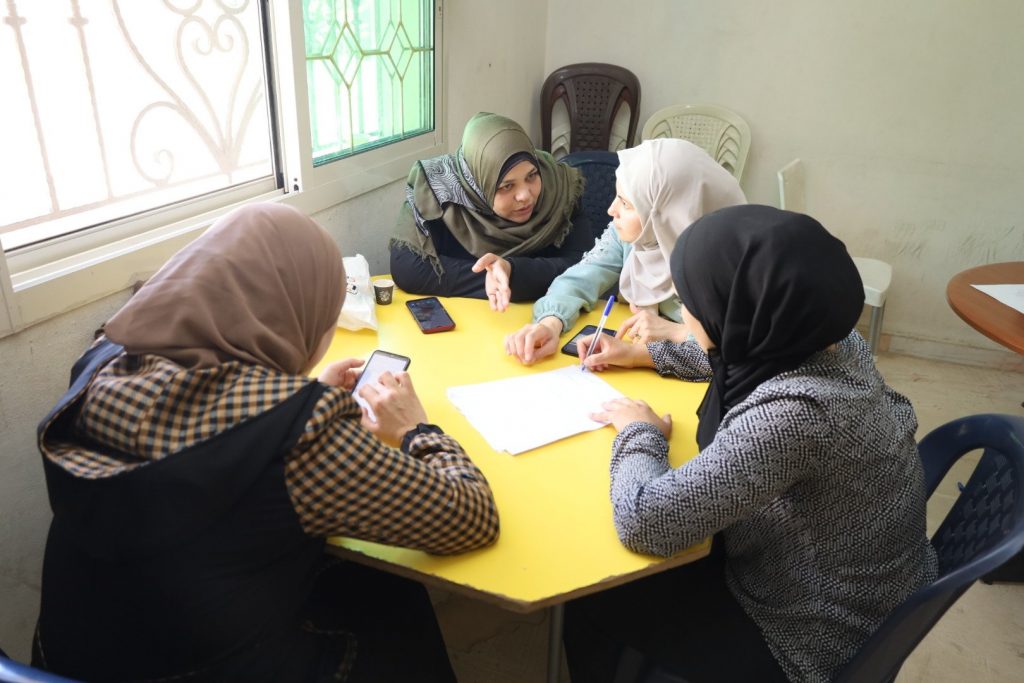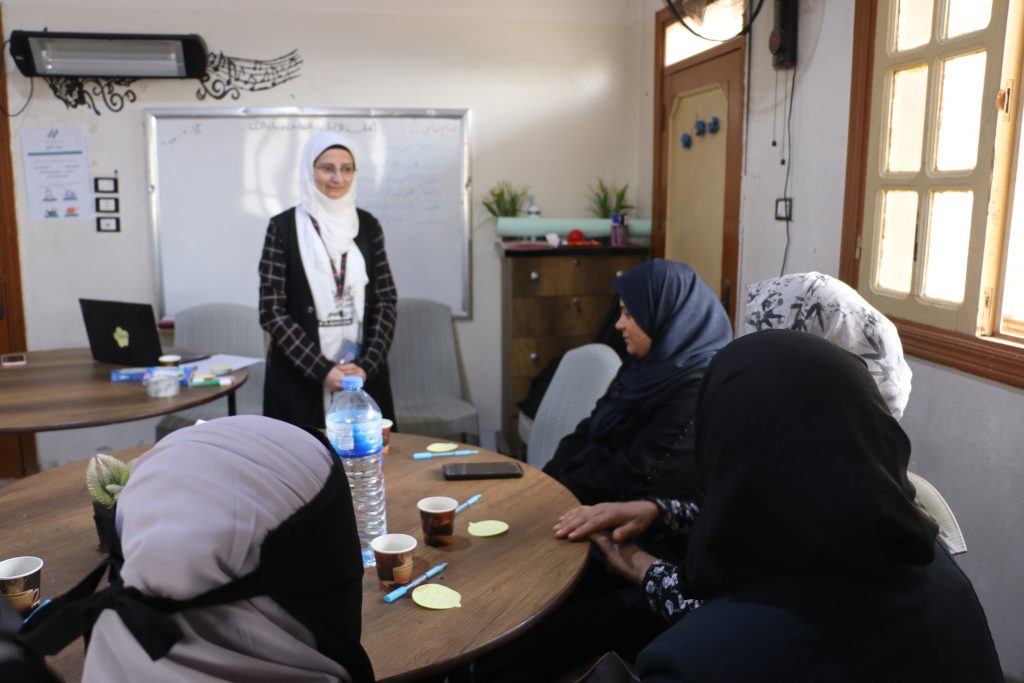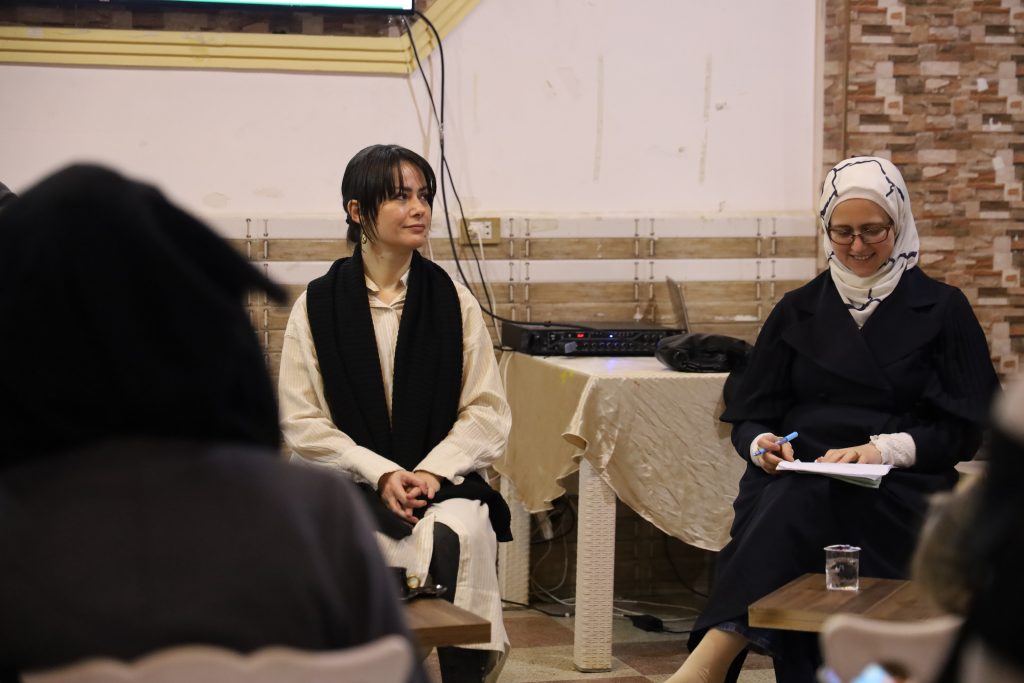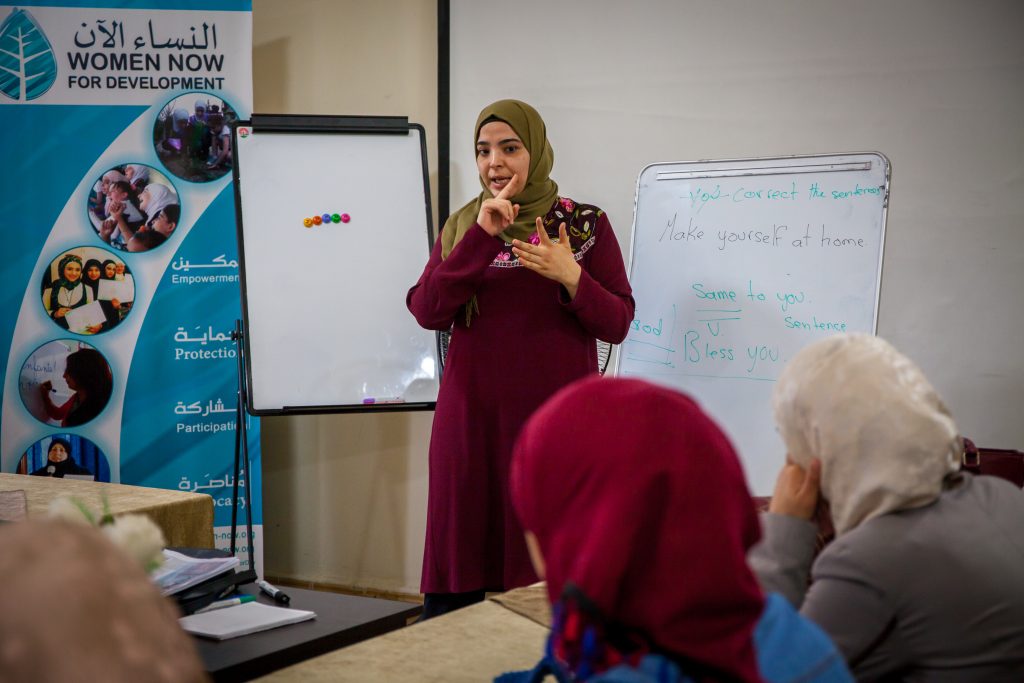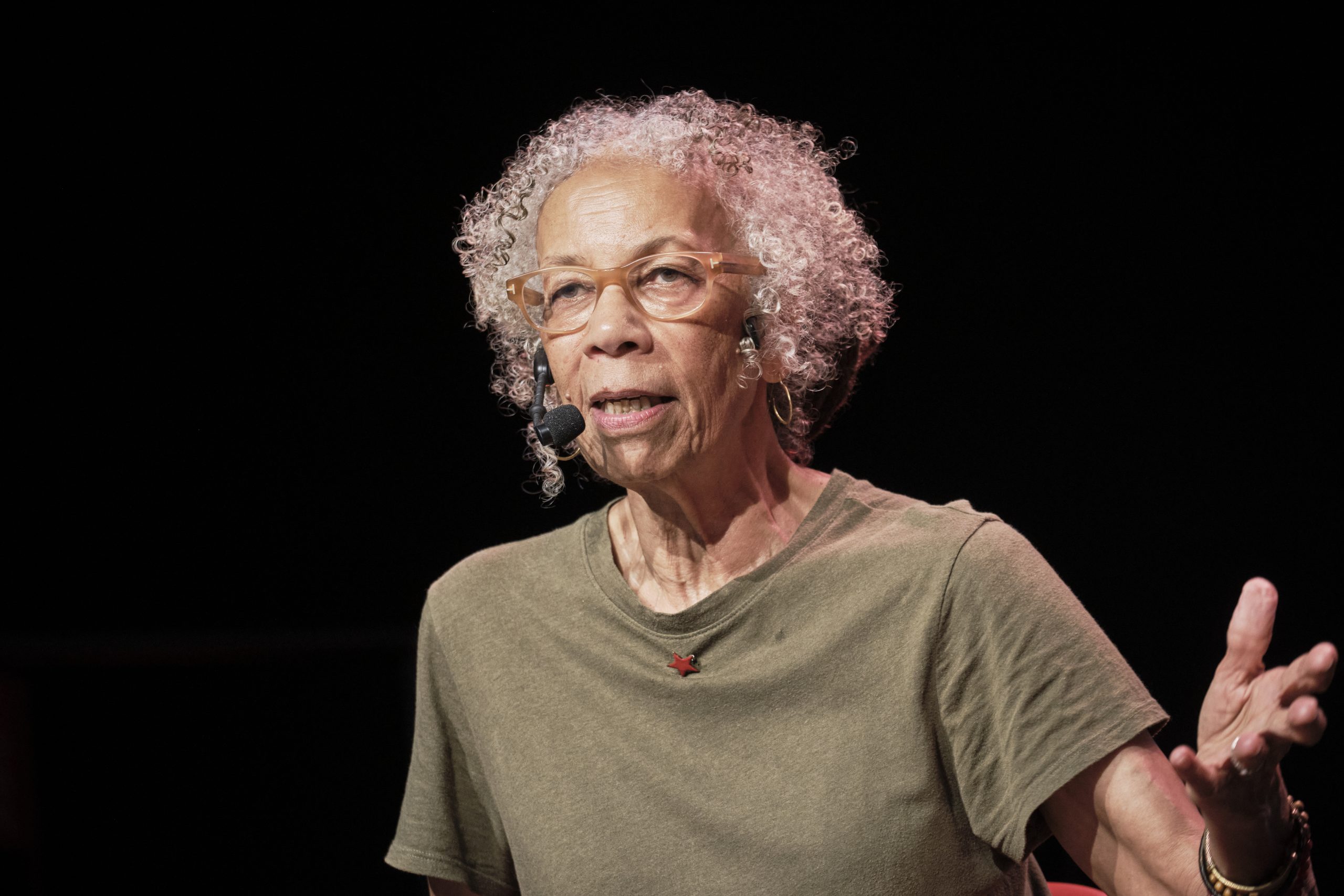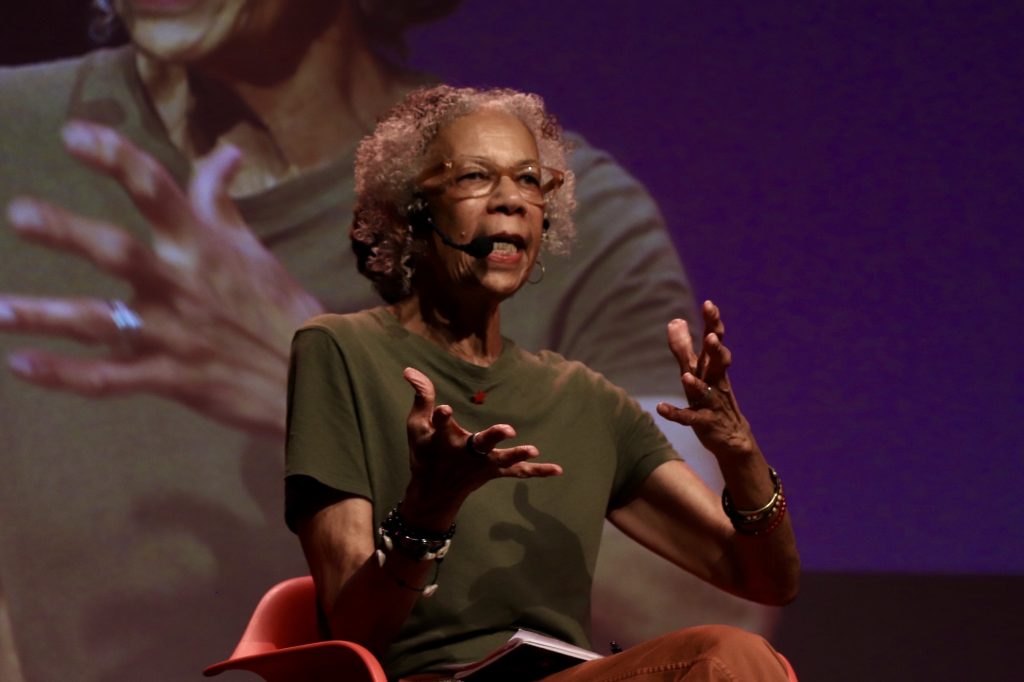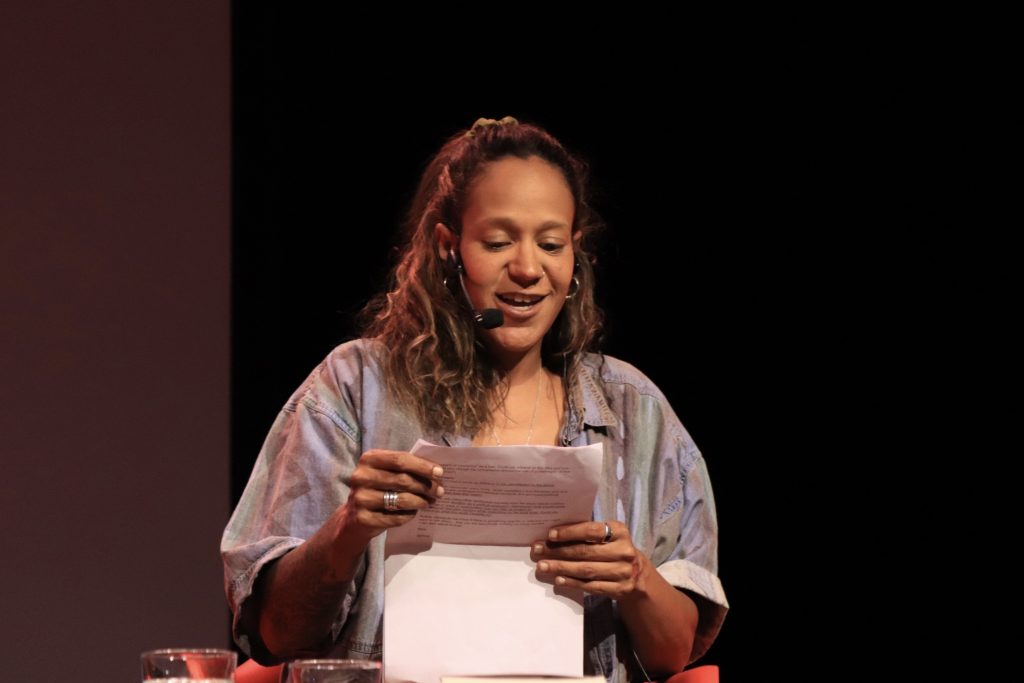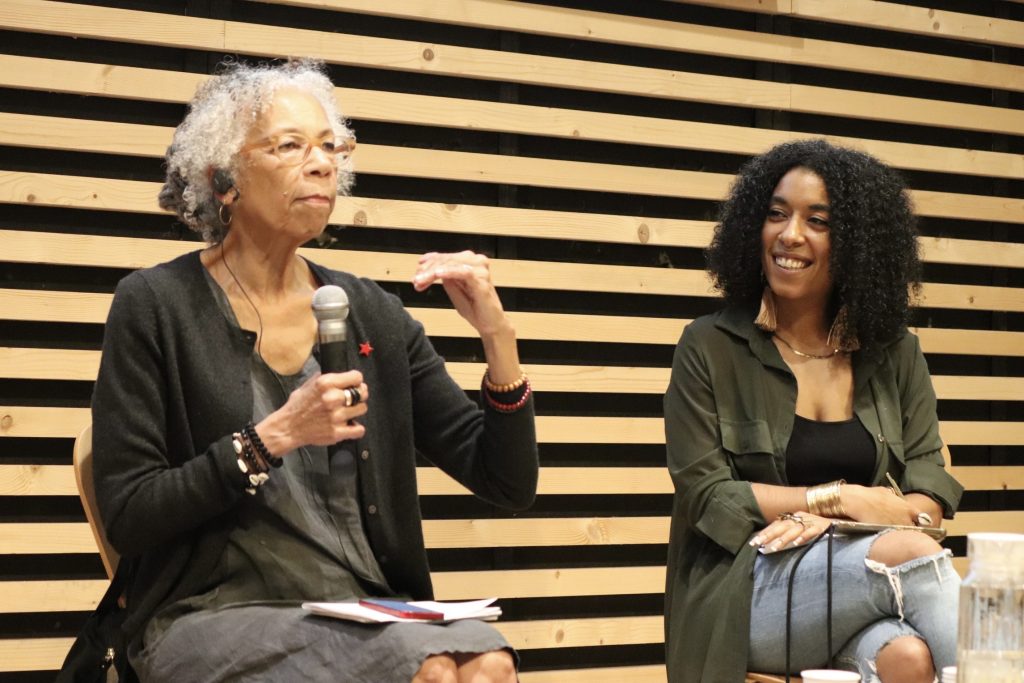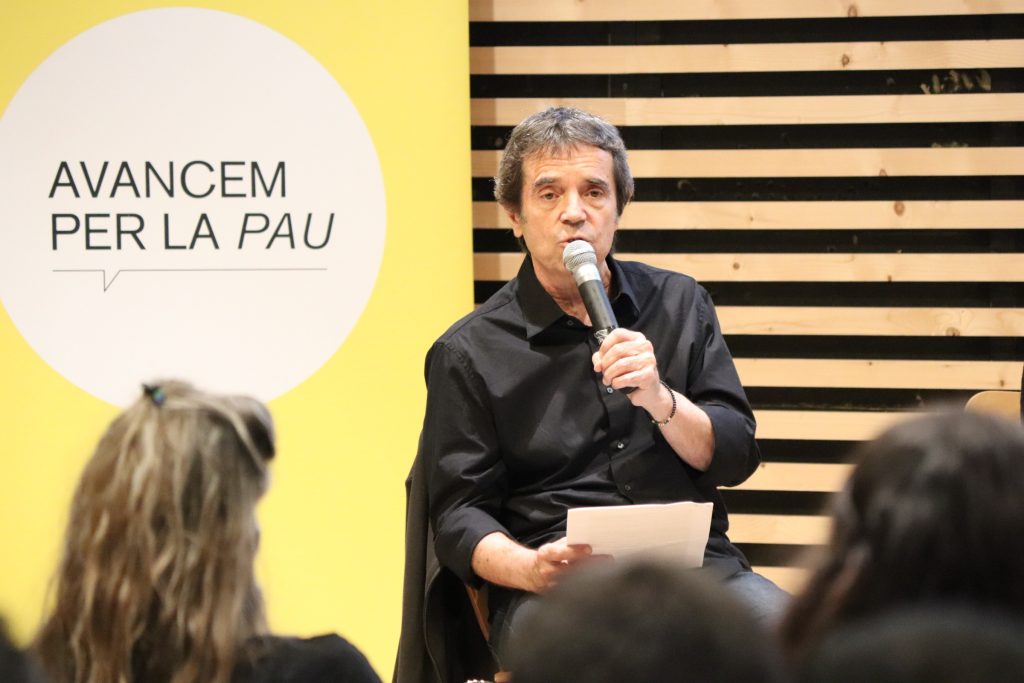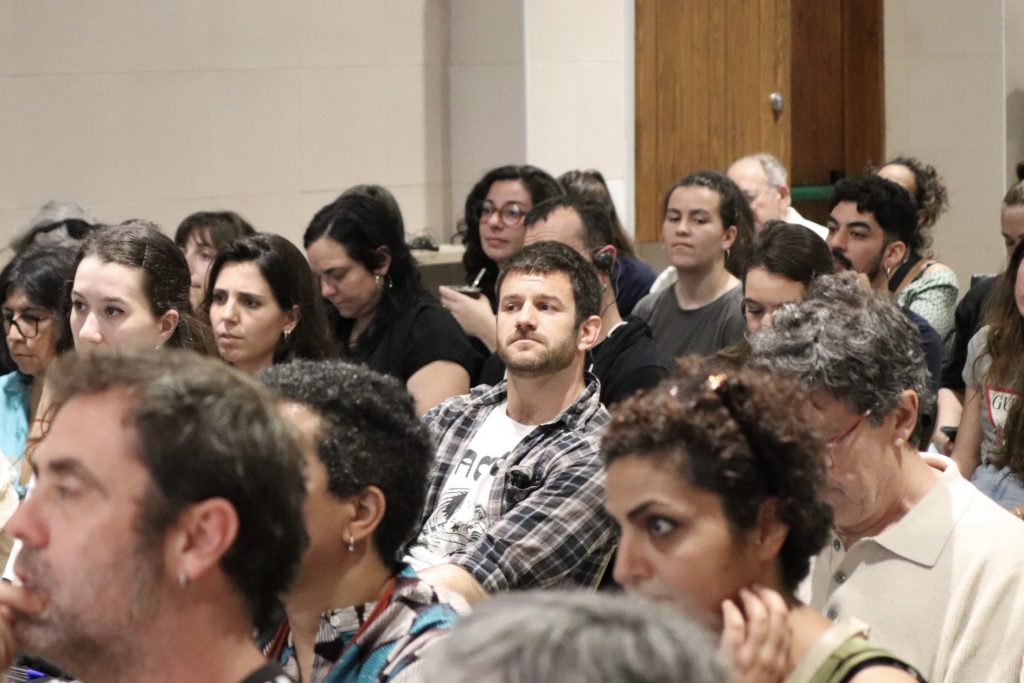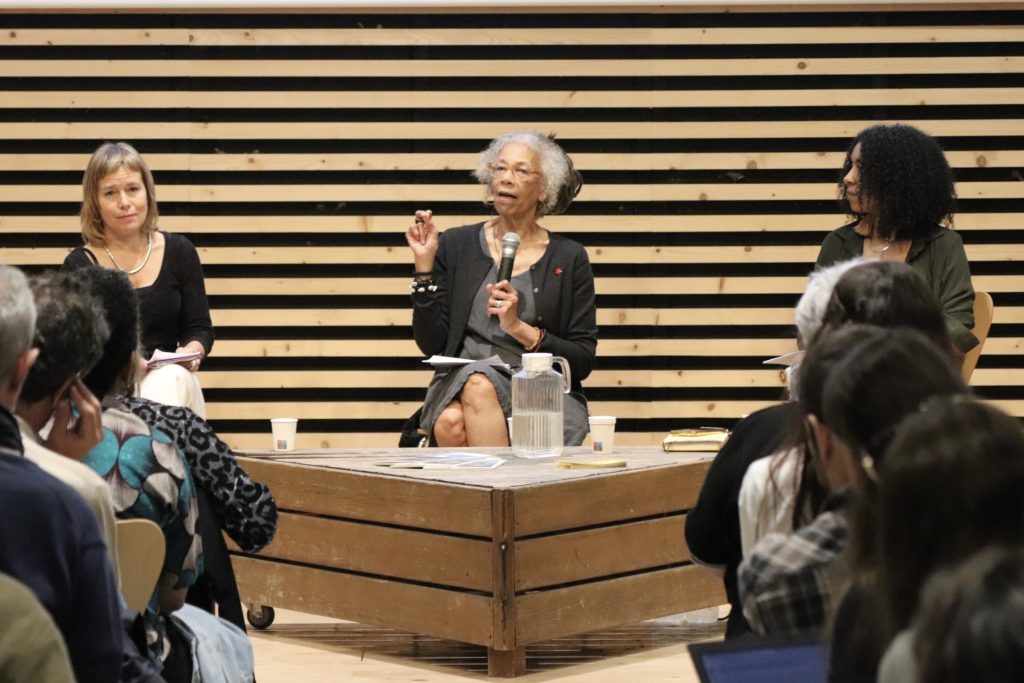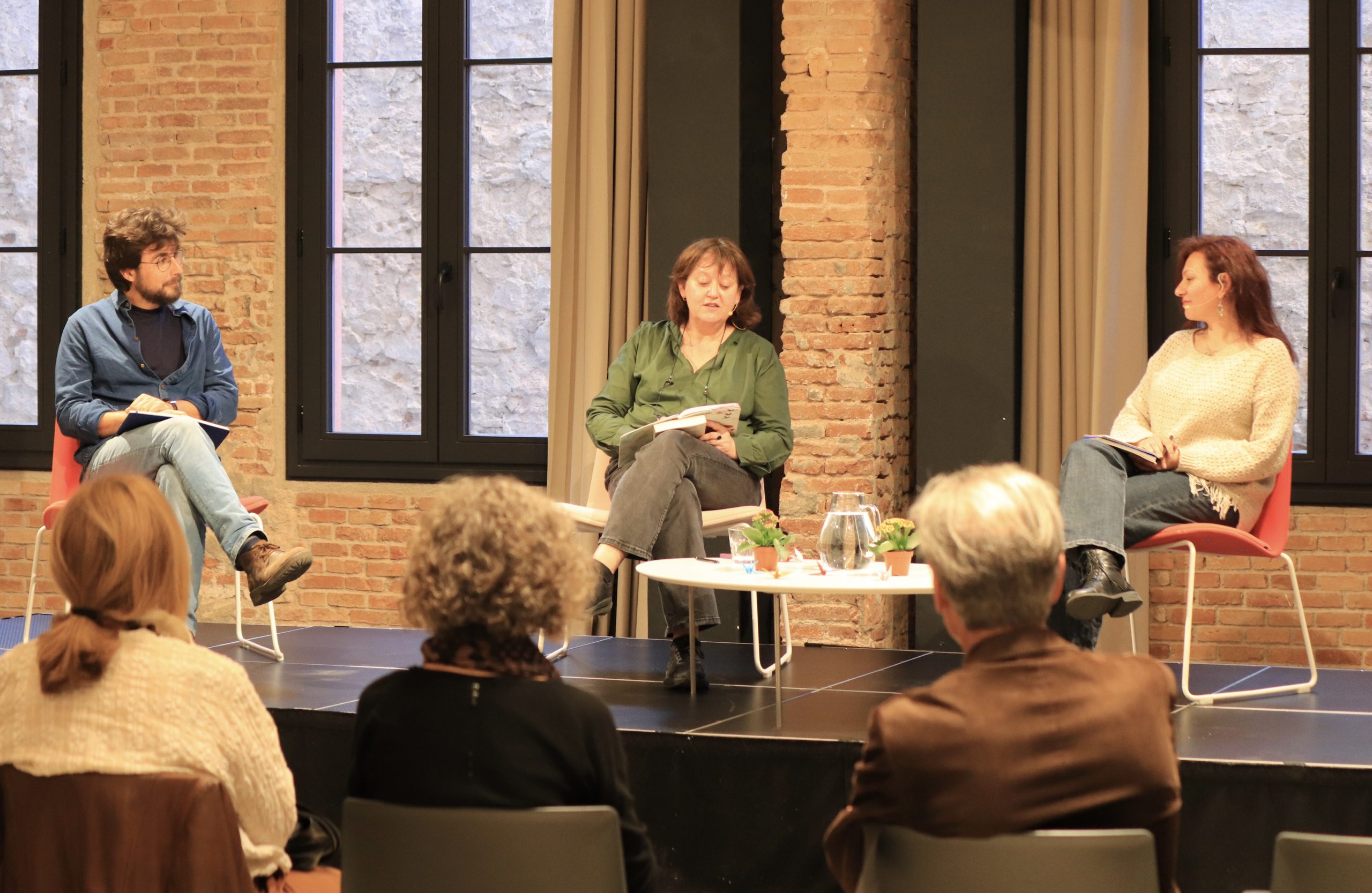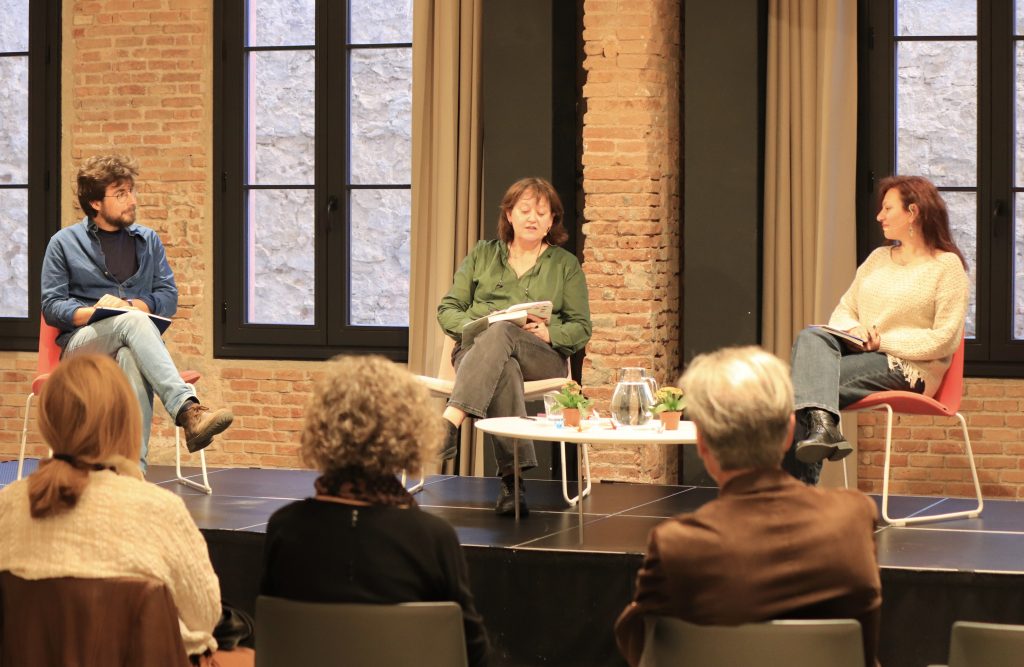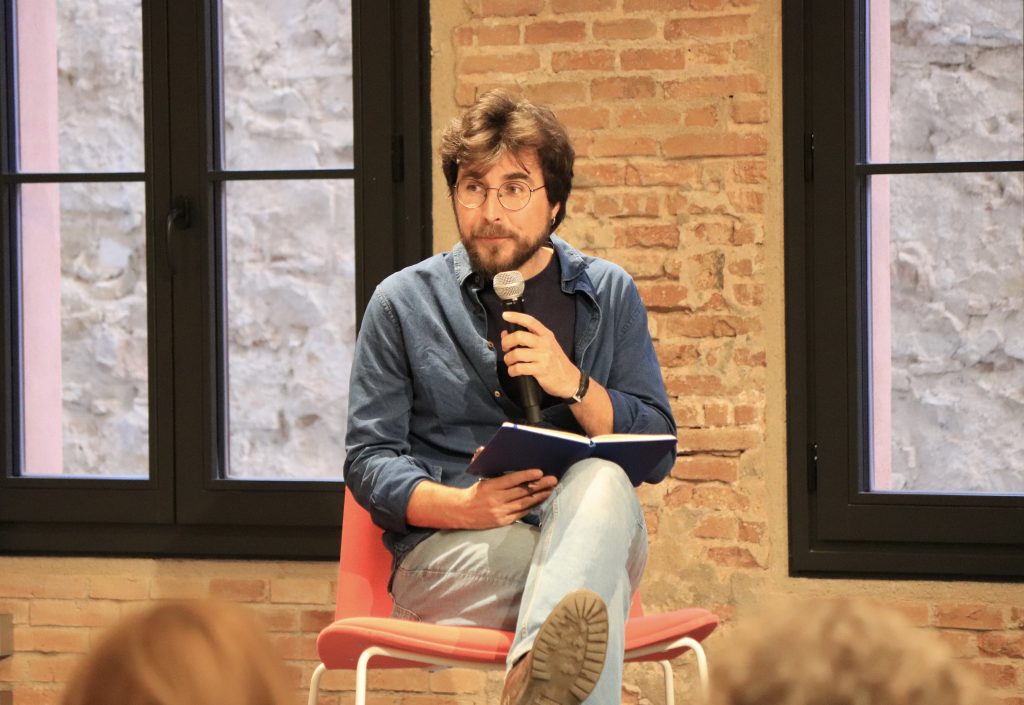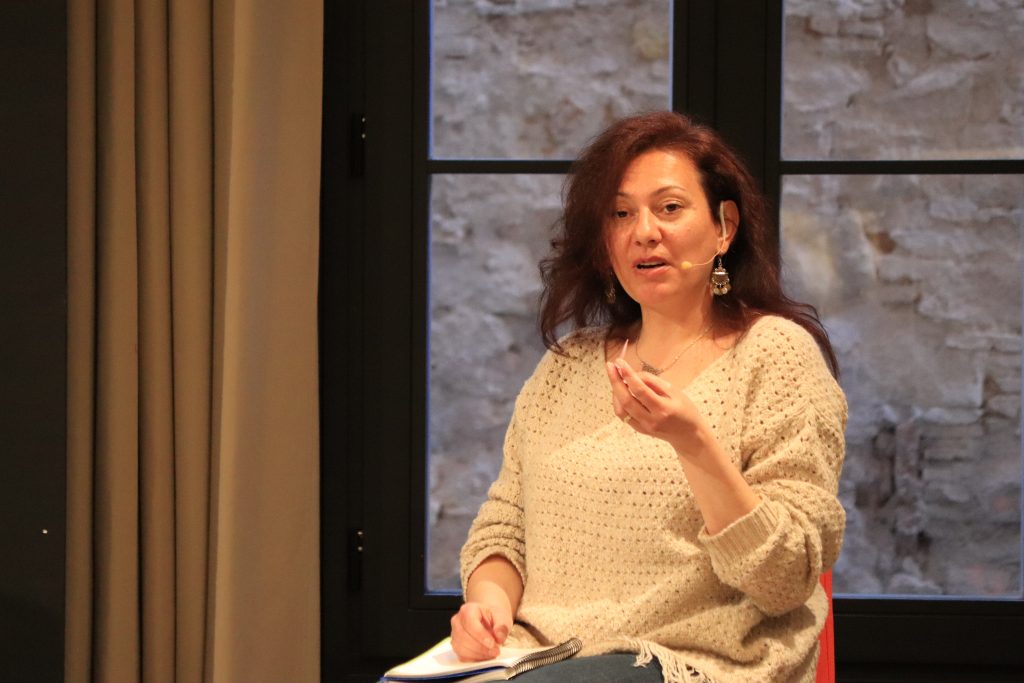At a time of growing polarization, historical revisionism and identity-based violence in Europe, leading civil society actors, scholars and policymakers will gather in Sarajevo for Closing the Gaps: A Multi-Stakeholder Roundtable on Memory, Prevention and Social Cohesion in Europe, a two-day event co-organised by ICIP, the International Coalition of Sites of Conscience (ICSC) and the War Childhood Museum. The event will take place on 24–25 March 2026 in a city deeply shaped by war, memory and sustained efforts toward reconciliation.
Since World War II, memory policies and practices have grown out of the need to confront atrocities, honor survivors, and prevent their repetition. From the Holocaust to Rwanda and Bosnia, these efforts sought not only to remember but also to challenge denial and embed lessons in public life. Yet today, those lessons appear to be slipping away: patterns of hatred and violence are re-emerging, and even societies that once championed “never again” often fail to recognize the same dangers when they appear elsewhere. From denial and revisionism in Latin America, to ongoing genocides in Gaza and Sudan, to renewed inter-ethnic tensions in the Balkans, the stakes of memory work could not be higher.
This is a moment to pause and to reflect critically: What is failing? What are the deeper, structural reasons behind these failures? What has worked? And what lessons can be carried forward?
From commemoration to prevention
Taking place at Europe House, the Closing the Gaps roundtable will critically examine why memory policies and practices often fail to translate remembrance into prevention, democratic resilience and social cohesion, and how these gaps can be closed. It will bring together survivors, practitioners, scholars and policymakers to foster collaboration, shared learning, and collective action that can shape policy and practice across Europe.
At a time when international law and human rights are under sustained attack, memory work must be reclaimed for its original purpose, not as a passive act of remembrance, but as an act of courage, resistance, and justice.
A meeting with international voices
The roundtable will feature a diverse group of speakers, including Hasan Hasanović, survivor of the Srebrenica genocide and Head of the Oral History Program at the Srebrenica Memorial Center; Alma Mustafić, survivor, researcher and lecturer at Utrecht University of Applied Sciences; Jaclyn Streitfeld-Hall, Deputy Executive Director of the Global Centre for the Responsibility to Protect; and Emmanuel Achiri, Policy Advisor at the European Network Against Racism (ENAR), Edina Bećirević, Associate Professor at the University of Sarajevo and author of Genocide on the Drina River; Nayat Karakose, Director of Programs at the Hrant Dink Foundation; William Blair, Director of Collections at National Museums Northern Ireland; and Nikola Kandić, Head of the Sarajevo office of the Regional Youth Cooperation Office (RYCO), among others.
Across keynote sessions, roundtables and small-group discussions, participants will address key questions such as how memory policies can better include marginalized histories without fueling polarization; how intersectional approaches to memory can foster cross-community dialogue; and how memory initiatives can inspire meaningful civic action to address the root causes and risk factors of violence.
Towards a European roadmap
The roundtable will conclude with the drafting of a Policy Roadmap outlining practical recommendations to strengthen the links between memory work, violence prevention, anti-discrimination efforts and democratic resilience. These outcomes are intended to inform future policy debates and strengthen cooperation between civil society and policymakers across Europe.



